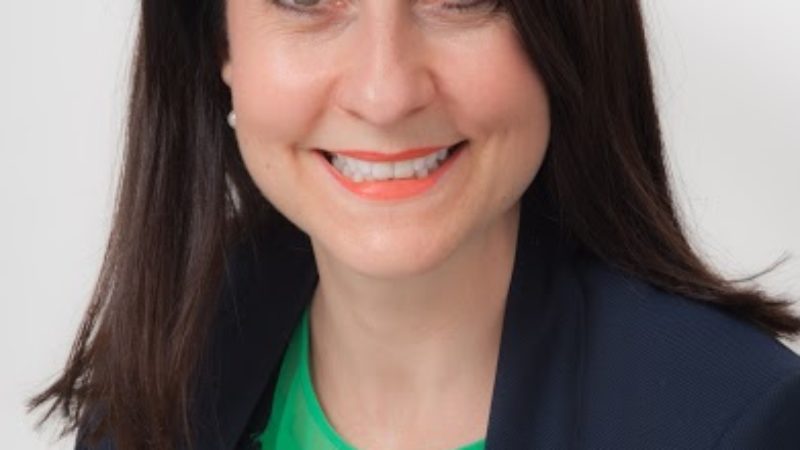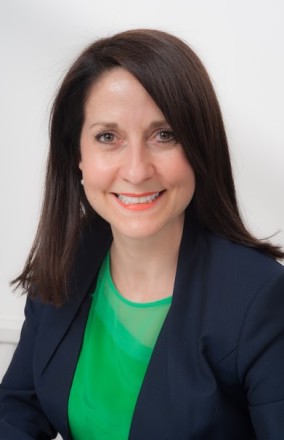
During this leadership campaign I have been clear that the Labour Party needs to change – but that’s not just about politics or policy, it’s about how our party is organised and run too.

There are many things right with our Party. At our best we are a vibrant movement full of passionate, engaged people determined to change our country for the better.
Yet too often we insist on strangling our Party with structures, processes and bureaucracy. I’ve lost count of the times members have told me that their local meetings seem to care more about changing the minutes of the last meeting than changing the communities we seek to serve.
We need to ask ourselves some questions that for too long have been taboo:
- What change in the world – or even in our neighbourhoods – comes about as a result a branch meetings?
- What are we doing electing each other to internal positions every year when we could be spending that time and energy talking to the electorate?
- Why should the central party have such a grip over every aspect of campaigning and messaging when it is local people who often understand what works best in their area?
- Can we really call asking three uninspiring and one-sided questions of the electorate a “Conversation” and if not, why did we ask members to have 5 million of these interactions?
The answers to all these questions come from the same set of problems. We do not understand how to properly value and respect our members, or make enough of their skills and expertise. Many of our local parties are too small and don’t reflect our changing society or communities. Our organisers are lumbered with poor quality data, which doesn’t tell us what people really care about for themselves, their families or neighbours. And our approach to campaigning is too often based on putting the public into boxes according to how they say they will vote, rather than working with them to achieve genuine change in their lives.
I believe that the future of our party must be based on four guiding principles: respect, inclusivity, localism and a commitment to win.
Amongst our members there is a wealth of talent and knowledge that we must use. Our members deserve more than to be informed about fully worked-out policies – they must be at the heart of choosing our party’s priorities and developing the necessary solutions.
We must look outwards and seek to extend our membership not only amongst trade unionists but voluntary groups, businesses, the self-employed and Britain’s changing BME communities. Our elected representatives must also be more representative of the people we seek to serve.
The scale of our recent defeat at the last election was huge, but we can learn from by-elections and make sure that as a party we are of the community, for the community. We need a Labour Academy to support organisers, candidates and staff, and begin the process of becoming a genuine, community rooted and representative movement again.
And we must make sure that our conversations on the doorstep, which are vital to us, are about people and what they care about, not just how they intend to vote at any one moment in time.
Labour faces the same fundamental challenges in how we are organised and where power lies as the rest of the country. As we seek to devolve power to local government and local communities, we must also recognise the potential of doing so within our Party.
Winning power in order to give it away has been a central theme of my leadership campaign and if I’m elected as Leader on September 12th this will be the principle that drives the relationship between our Party and our members.
If we can enable individuals and communities to find their own power we will once again find our relevance to the electorate. To achieve this we must first and foremost do it within our own structures and organisation.




More from LabourList
‘The hope that kills you’: Reflections from the final day in Gorton and Denton
MPs, union leaders and organisations react to ‘bruising’ Gorton and Denton result
A gory night for Labour